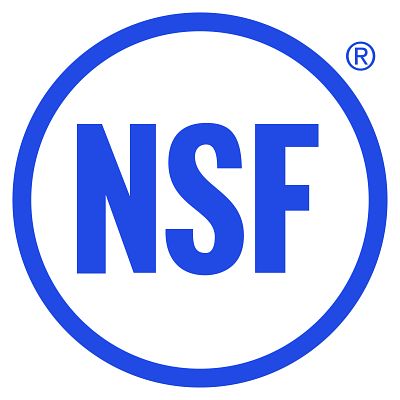One of the largest-ever reforms of the USDA organic program was published in January 2023. Once it comes into effect on 20th March 2023, it will give the organic food industry a year to comply with the wide-ranging changes. The organic food industry in the US, which was worth an estimated $63 billion in sales in 2021, relies on integrity. These reforms aim to protect the integrity and bolster consumer and producer confidence in organic food. Now the reforms have been announced and the timeline set, what does this mean for US organic operators?
“Protecting and growing the organic sector and the trusted USDA organic seal is a key part of the USDA Food Systems Transformation initiative,” said Under Secretary for Marketing and Regulatory Programs, USDA Jenny Lester Moffitt. “The Strengthening Organic Enforcement rule is the biggest update to the organic regulations since the original Act in 1990, providing a significant increase in oversight and enforcement authority to reinforce the trust of consumers, farmers, and those transitioning to organic production. This success is another demonstration that USDA fully stands behind the organic brand.”
The update will affect almost anyone in the organic supply chain. If you currently make, sell, distribute or import organic products in the US, you now have one year to comply with the new rules or risk penalties.
QAI and NSF welcome the SOE Rule, and we are pleased that it upholds the principles of organic integrity. We are already working with a number of our clients to ensure their full compliance by the deadline of 19th March 2024.
Elizabeth Figueredo, Quality and Regulatory Lead at Quality Assurance International (QAI), an NSF company and leading provider of organic certification.
Some of the key proposed changes include:
- Some operators who were previously exempt, such as brokers, importers and traders, will now require certification.
- All organic products entering the United States will require National Organic Program Import Certificates from certified importers.
- Organic status and certifier details will need to be displayed on non-retail containers.
- Every certified operator will require a documented fraud prevention plan as part of the organic system plan.
Our advice and next steps
Any businesses that could be affected by this change need to prepare as soon as possible. Not only are some regulation changes significant, but the expansion in scope could also mean more than 1,000 extra domestic businesses will need certification for the first time, putting extra pressure on certification bodies. Over the last 20 years, QAI has helped 1,800 organizations in the US and internationally with organic certification and is offering a free interactive online course with more information about the certification process. Our dedicated account managers and regulatory experts will work with you, every step of your certification process.
About QAI
Founded in 1989, Quality Assurance International is the leading provider of organic certification services verifying organic integrity throughout the supply chain. Additional certification services under parent company NSF include transitional, non-GMO, plant-based, social responsibility and food safety. QAI remains dedicated to the environment while providing educational outreach to the organic community, customers and consumers. Headquartered in San Diego, Calif., the company has grown to include operations in the U.S., Canada, Latin America and the European Union.
About NSF
NSF is an independent, global organization that facilitates standards development, and tests and certifies products for the food, water, health sciences and consumer goods industries to minimize adverse health effects and protect the environment. Founded in 1944, NSF is committed to protecting human health and safety worldwide. With operations in 180 countries, NSF is a Pan American Health Organization/World Health Organization Collaborating Centre on Water Quality, Food Safety, and Medical Device Safety.

